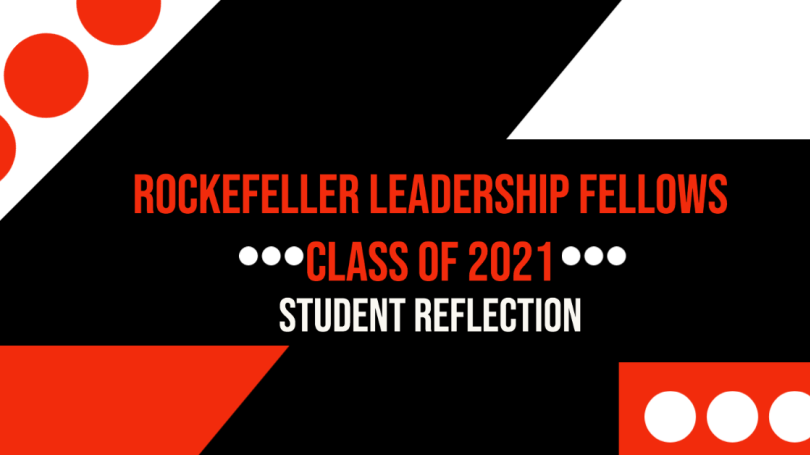
- Public Policy
- Leadership
- Funding
- News & Events
- About the Center
Back to Top Nav
Back to Top Nav
Back to Top Nav
Back to Top Nav
On the 8th of April, Arun Maganti, a member of the synchronous RLF cohort gave a presentation on leadership strategies to manage a crisis. According to Arun, there are 3 models that allow to classify a crisis. The situational crisis communication theory classifies crisis based on how they are communicated (i.e. as an accident or a predictable crisis). The response theory classifies crisis based on how leaders react to the crisis (i.e. to deny it or diminish its gravity). Lastly, chaos theory states that it is not possible to predict how a crisis unfolds and, for this reason, crisis can’t be classified.
A crisis can be managed effectively if leaders are able to do four things: prevent, prepare, respond quickly and ensure that the organization is prepared for success after the crisis. The two latter aspects can all be observed in the Johnson &Johnson response when cyanide contamination in Tylenol caused the death of those consuming it. The CEO apologized immediately and was very transparent on what had gone wrong. The company than used this crisis as a way to improve Tylenol and increase the public’s awareness on the drug. In the end, people perceived Tylenol as an unfortunate victim and currently it is one of the top OTC sold in pharmacies. Overall, a crisis should always be seen not as a misfortune, but as an opportunity to grow and improve.
As young leaders we have probably all adopted these four strategies to prevent a crisis. For example, we study hard to prevent the crisis of failing a class. We prepare to deal with difficult colleague or take difficult decision by choosing to enroll in RLF during our senior year. We responded quickly to COVID by adapting to online classes, different campus life and frequent testing. And lastly, we have tried maintaining our friendships in a virtual environment to ensure that after the crisis is over, we still have a network of relations that we can trust on. Once we’ll graduate, we will have to manage always more delicate crisis that will impact not only ourselves, but also others. For this reason, it is key that we keep reflecting on what we can do to better manage crisis in the future.
-Written by Allegra Carlotta Scarpa, Class of 2021 Rockefeller Leadership Fellow
As Rockefeller Leadership Fellows, seniors gain a better understanding of the qualities and responsibilities expected of leaders. As Fellows take part in the workshops, discussions, and team-building exercises, they examine their skills, qualities, and attributes as leaders and analyze how these influence teamwork and achieving goals.